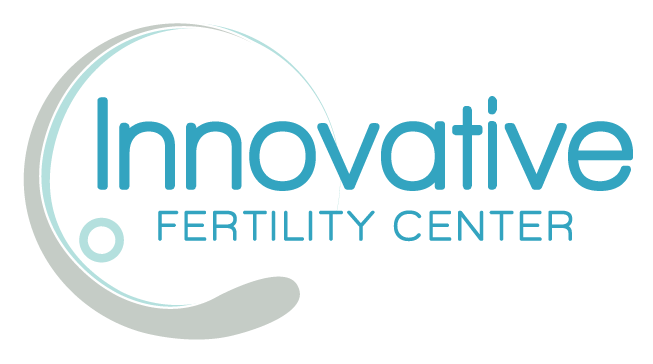Stopping the Biological Clock with Fertility Preservation
The media has convinced many young women that they can go to school in their 20s, have a career in their 30s and start a family in their 40s. Often, these plans fail because female fertility declines the closer a woman gets to age 40, with only a 5 percent of conceiving without assistance.
Women are born with all the egg they will ever have
Unlike men, who constantly generate sperm, women are born with all the eggs they will ever produce. Female fertility peaks in your late 20’s and early 30’s. Dr. Mark Rispler offers elective fertility preservation to healthy women who aren’t ready to settle down but may want a family in the future.
Exploring Elective Fertility Preservation
Typically, fertility preservation discussions occur with patients that have received a cancer diagnosis and want to protect their ability to get pregnant after cancer treatment. Options such as sperm and embryo freezing have been utilized successfully for many years. Until recently, egg freezing wasn’t really a choice. Vitrification, a fast-freezing process, has changed that situation. Today, young, single women can also choose to preserve their eggs.
How Elective Fertility Preservation Works
If you would like to discuss elective fertility preservation, Dr. Rispler can explain the process in more detail during a consultation. Egg freezing involves a process similar to a regular in vitro cycle, including ovarian stimulation, ultrasounds and blood work to monitor progress and egg retrieval. After Dr. Rispler retrieves the eggs, they will be cryopreserved until some point in the future when you are ready to start your family.
Contact our Manhattan Beach fertility center for more information about elective fertility preservation. Board certified in reproductive endocrinology, Dr. Rispler specializes in the diagnosis and treatment of infertility.

![DSC02056[1]](https://innovativefertility.com/wp-content/uploads/2012/10/DSC020561.jpg)